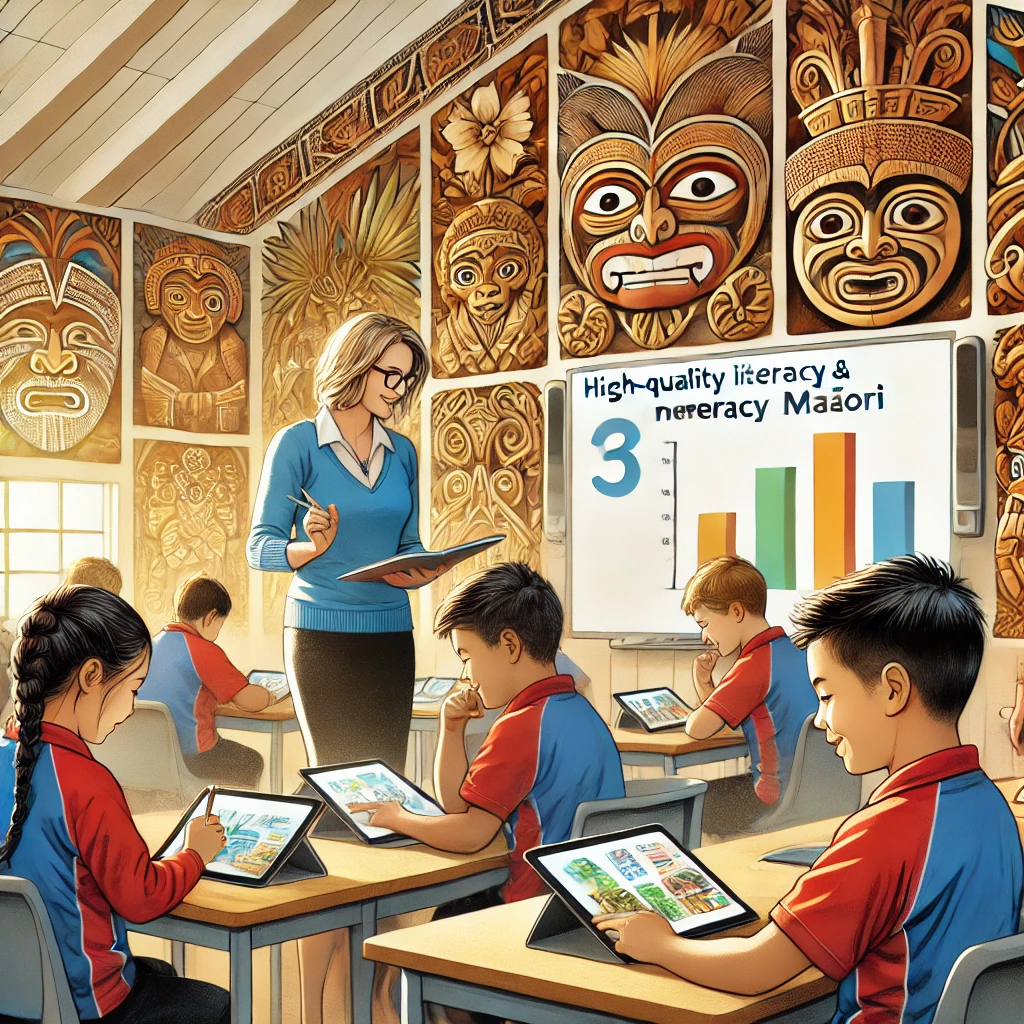Three New Charter Schools to Open in 2026 as Seymour Expands Education Choice
The Aotearoa Infinite Academy will be New Zealand’s first fully online charter school, designed to reach students who face barriers to traditional classroom attendance.

- Country:
- New Zealand
Associate Education Minister David Seymour has announced the approval of three new charter schools set to open in Term 1, 2026 — marking another major step in the Government's education reform programme. The new schools — Aotearoa Infinite Academy, Te Aratika High School, and Altum Academic — will offer alternative models of teaching designed to meet the diverse learning needs of New Zealand students.
"These schools show the kind of innovation the charter school model can deliver," Mr Seymour said. "Every child deserves an education that gives them the opportunity to learn and grow in ways which are more specific to their needs."
The announcement adds to the three new charter schools confirmed in August, bringing the total number of approved schools to 14. Seymour said additional approvals are expected before the end of the year, including the first state schools converting to charter status.
Aotearoa Infinite Academy: Breaking Barriers Through Online Learning
The Aotearoa Infinite Academy will be New Zealand's first fully online charter school, designed to reach students who face barriers to traditional classroom attendance.
The academy will offer small, interactive virtual classrooms for students whose circumstances — such as health conditions, rural isolation, or personal challenges — prevent them from thriving in mainstream education.
By leveraging technology and flexible learning environments, the school aims to ensure equitable access to quality education. The model is particularly relevant in a post-pandemic context, where online learning has proven to be a viable supplement to traditional schooling.
"This school recognises that many students face barriers to attendance and provides those students with another option," Mr Seymour said. "It will give students across New Zealand the opportunity to learn from anywhere while maintaining strong teacher-student engagement."
Te Aratika High School: Vocational Pathways for Māori and Pacific Students
Located in Hawke's Bay, Te Aratika High School will provide a vocationally focused curriculum tailored to Māori and Pacific students who have become disengaged from conventional education.
The school's philosophy centres on rebuilding students' confidence by connecting learning to their cultural identity and values. It will offer practical training in trades and employment-focused pathways, aiming to prepare students for work while reinforcing a strong sense of belonging.
"The school recognises that many students have had a tough start to life, which has hurt their relationship with education," Mr Seymour said. "By combining vocational skills with cultural values, Te Aratika will give students the tools and pride they need to succeed."
This model aligns with the Government's emphasis on improving Māori and Pacific education outcomes, which remain lower on average than those of other student groups.
Altum Academic: Wellington's First Charter School Embracing Classical Education
In Wellington, Altum Academic will become the first charter school in the region, introducing a Classical Education model rooted in the Trivium method — a structured approach emphasising the natural stages of intellectual development.
-
Grammar Stage (early years): Students focus on learning facts and foundational knowledge through recitation and memorisation, asking "what."
-
Logic Stage (middle years): Learners begin to question, reason, and explore "how" and "why."
-
Rhetoric Stage (senior years): Students develop the ability to persuade, articulate ideas, and apply critical reasoning — asking "why it is true."
Altum aims to close the educational equity gap by giving disadvantaged students access to high-quality teaching and rigorous academic training. The approach, widely used in parts of the United States and Europe, prioritises independent thinking and communication — skills often underemphasised in traditional education systems.
"Altum will address the equity gap by enabling disadvantaged students to access a school with a strong teaching workforce," Seymour said.
A Growing Charter School Movement
With 52 applications submitted this year, the demand for charter schools — officially known as partnership schools | kura hourua — continues to grow. The Charter School Agency and its independent Authorisation Board oversaw what Seymour described as a "robust and fair" evaluation process before selecting the successful applicants.
"This is just the beginning," Seymour said. "The huge demand to open charter schools highlights both the need and the commitment of people to provide varied educational opportunities for young New Zealanders."
The minister emphasised that education choice and diversity are central to achieving better learning and life outcomes.
"Positive education outcomes can lead to better health, higher incomes, job stability, and greater participation in communities. These are opportunities every student deserves."
Policy Context and Future Outlook
The revival and expansion of charter schools were key commitments of the ACT Party in its coalition agreement with the National-led Government. The schools operate with greater flexibility than state schools, allowing them to innovate in curriculum design, staffing, and governance while remaining accountable for performance.
Critics of the model — including some teacher unions and education sector groups — argue that it risks creating inequality by diverting funding from public schools. However, supporters maintain that it encourages innovation, responsiveness, and accountability in education delivery.
The Government has indicated that the next phase of the policy will include conversion opportunities for existing state and state-integrated schools wishing to adopt the charter model.
As Aotearoa Infinite Academy, Te Aratika High School, and Altum Academic prepare to open in 2026, they will join a growing network of schools aiming to redefine what education looks like in New Zealand — one that is more adaptable, inclusive, and student-centred.








